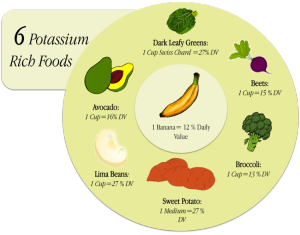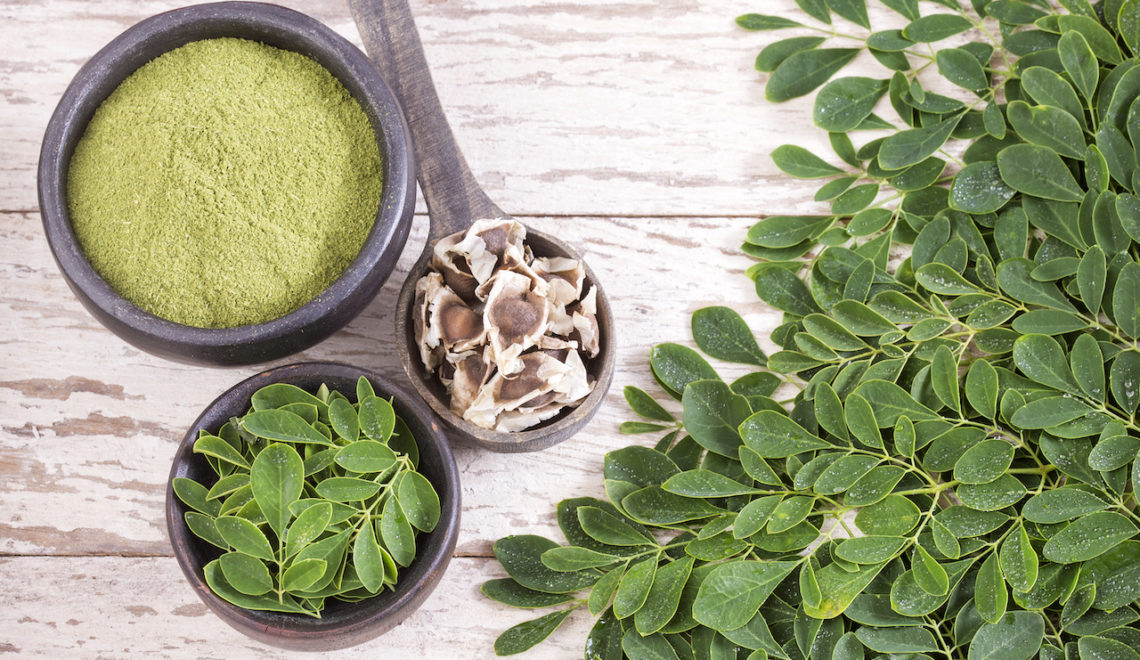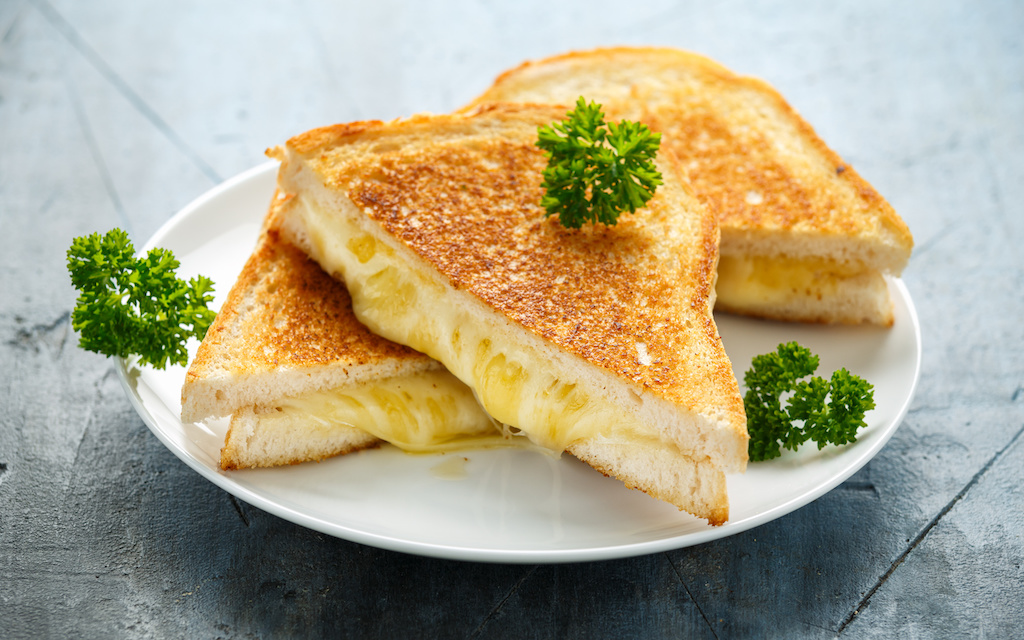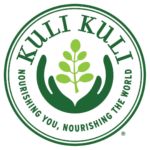
Essential to a healthy diet, potassium is a restorative mineral that can be found in many forms. Some of the main functions potassium serves in the body are: building proteins, the break down and use of carbohydrates, building muscles, controlling electrical activity of the heart, and maintaining normal body growth. Potassium can also reduce the risk of kidney stones, and possibly bone loss as we get older. It’s safe to say that potassium plays a huge role in the body and because of this, we could not function normally without it.
High Potassium Foods
When people think about potassium, bananas immediately come to mind. Don’t get me wrong, bananas are one of the leading potassium dense foods out there, but they are not the only source of potassium. Broccoli, peas, potatoes, tomatoes, and winter squash are great vegetables that are high in potassium too! Cantaloupe, citrus fruits, kiwis, prunes, and apricots are wonderful fruits that are also high in potassium. These are just a few examples, but below you can see a picture of a lot more potassium-rich foods. Most Americans don’t get enough of this vital nutrient, so eat up!
The daily recommended amount of potassium every American should be eating is 4,700 mg. Too much or too little potassium can have serious effects on the body, so you do have to be careful. Too little potassium can cause hypokalemia (low blood level of potassium) which can lead to weaker muscles, abnormal heart rhythms, and rises in blood pressure. These problems are very serious and need to be monitored very carefully. Too much potassium can cause hyperkalemia (high blood level of potassium) which can lead to abnormal and dangerous heart rhythms.
In conclusion, potassium is a key mineral that your body needs daily to help function. Without it, one simply could not live a healthy life. Many fruits and vegetables are high in potassium, and can help you reach the daily-recommended value that everyone needs. Though, be careful not to get too much or too little of it, or it may lead to some pretty serious problems.
Sources:
http://www.nlm.nih.gov/medlineplus/ency/article/002413.htm
http://www.eatright.org/Public/content.aspx?id=6801
Picture from: http://www.sproutingfromthesoul.com/blog/2014/8/11/look-beyond-the-banana-8-potassium-rich-foods-to-eat#











